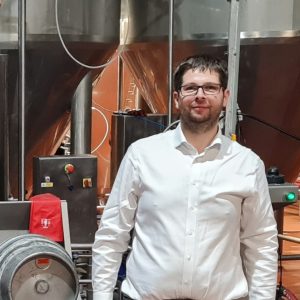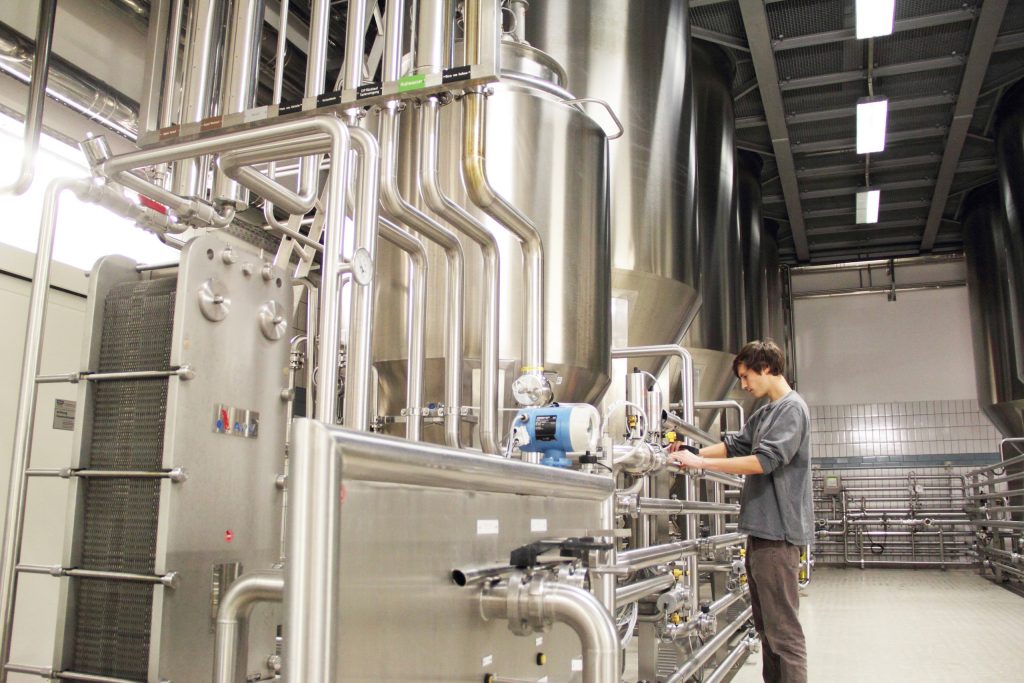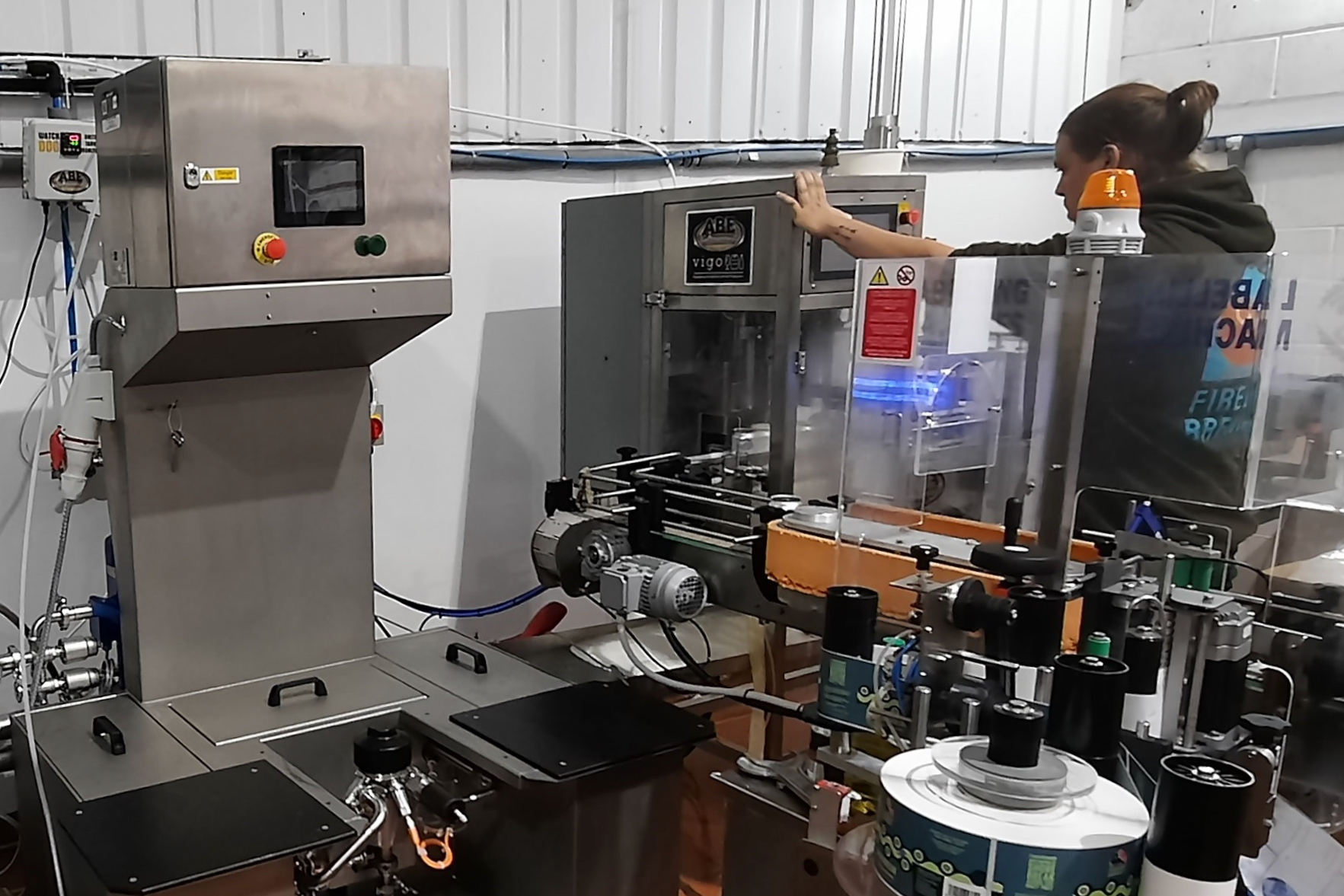Dominic Smith, a director at Collective Motion Brewing, offers advice on the steps that brewers can take to reduce their running costs during the on-going energy crisis.
The prospect of energy bills substantially increasing from April is a major concern for countless breweries and cider producers. The government has confirmed the next stage of the Energy Bill Relief Scheme for businesses is being allocated £5.5bn over a year, compared with the original scheme’s £18bn for six months.
The cut still offers some support, but thousands of pubs and breweries will still face an uphill struggle in the years ahead. If that sounds like a gloomy outlook, we can bring some welcome good news for brewers: with a combination of rigour, ingenuity and planning, they can make significant savings on running costs to mitigate the impact of their energy bills.

Quick wins with simple steps
A simple check of the temperature sensor for calibration could save a few hundred pounds per year and making sure the heating element is descaled is also very effective.
Limescale build-up can dissipate the heat and prevent correct heat transfers between water and heating elements.
One of the most common and avoidable causes of cost inefficiency is the presence of leaks within equipment. Leaky compressed air pipes make compressors work harder and use more electricity to perform. Water valves should also be kept leak-free.
An investment in water-saving technologies can deliver savings in the long-term. Automated washing machines such as cask washers, keg washers, and CIP systems can re-use grey water to pre-rinse containers/tanks and save water that would otherwise go to drain.
Chemical dosing is another area of production that offers potential savings. Making sure the correct dosing is applied each time will increase efficiency and reduce expense, so it’s worth introducing a standard operating procedure to ensure that the process is consistent.
Alternatively, the built-in consistency of automatic dosing equipment is another investment that will deliver long-term returns, saving hundreds of pounds in overdosed chemicals as well as being more environmentally responsible.
Within the industry there is a growing appreciation of the value of automation. In the coming years, automated processes and control will be the most effective way for beverage manufacturers to grow sustainably and reduce their energy and resource usage.
A unified approach
We advise many brewers to review their processes across both production and packaging. It’s rarely given much thought in the busy day-to-day running of a brewing business, but a thorough review can form the basis of a standard operating procedure, which is a great way of unifying the approach across all teams and functions.
Generating a skill matrix helps to ensure the best coverage of skills across all departments and shifts, thereby increasing efficiencies and reducing waste. It’s worth getting in touch with machinery and raw material suppliers to see if there is a skill gap in the operation of a certain piece of machinery which may need addressing with a ‘toolbox talk’ or a refresher course.

Bespoke equipment changes
In some cases, bespoke changes to equipment configurations can make facilities more energy-efficient. Many brewers will be familiar with problems posed by the energy-intensive process of heating water for a keg machine detergent set. Gas-fired steam generators are often an unaffordable investment for smaller businesses and a sufficiently large electric steam generator is often impossible when multiple cold stores and other production equipment are already dominating the mains supply.
However, a little creative thinking and technical know-how can open up new possibilities. As an alternative to feeding mains cold water to the detergent set and steam-heating it, we have worked with customers to develop solutions which feed pre-heated water from a separate hot water tank.
The tank offers added value as an efficient way to heat bulk amounts of water for cleaning and other internal processes, delivering greater efficiency through dual use and a less energy-intensive system in service of the detergent set. Sometimes all it takes is a step back to examine the wider functionality of production facilities and how they can work in unison.
Try out less energy intensive methods
Brewers traditionally hot-rinse kegging equipment, but it’s possible to switch to cold rinsing without increasing risk of micro-organisms and product contamination.
We recently worked with a microbiological laboratory on a series of tests which showed there was no significant difference between a hot rinse and cold rinse when followed by the steam sterilisation cycle. A reduction in temperature can be compensated by other factors such as the turbulence and velocity of fluids and the chemical strength and composition of fluids.
The brewery that participated in the test has now fully adopted the cold rinse system. We would never recommend trialling new methods without professional guidance, but sometimes a leap into the unknown can pay valuable dividends.
Preventative maintenance
Any manufacturer, regardless of the product or sector, will benefit from a periodic health check on its facilities and regular servicing of their machines. It’s especially important for breweries – costly downtime or product recalls are problems they can ill afford in these challenging times.
We would recommend yearly maintenance as a bare minimum, but the optimum solution is a structured programme of Planned Preventative Maintenance. It’s the most reliable way to avoid a fault or breakdown in equipment, providing peace of mind in the knowledge that production will remain in smooth operation. It’s also useful for checking and addressing inefficiencies caused by limescale, leaks and other problems which can build up over time.
It could never be claimed that the measures we’ve outlined represent a magic bullet which will eliminate all the cost pressures facing breweries, but they can make a significant difference. Increasing efficiency through automation, giving regular attention to the condition of equipment and bringing more clarity and consistency to operating procedures can be a very effective combination in improving profit margins.
For more information visit Collection Motion Brewing’s website


